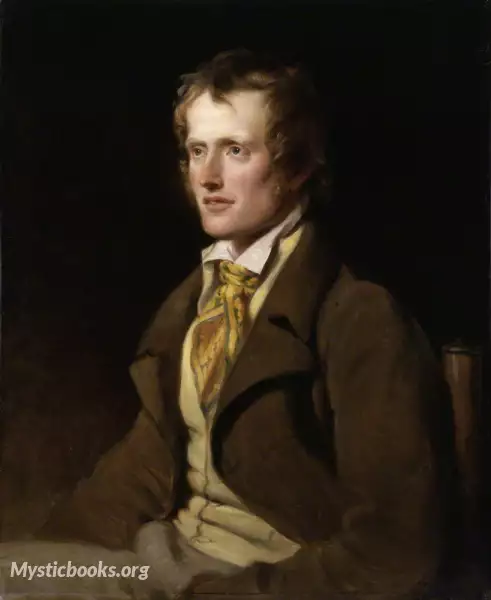
Timeline
Title
Country/Nationality
John Clare
John Clare was an English poet. The son of a farm labourer, he became known for his celebrations of the English countryside and sorrows at its disruption. His work underwent major re-evaluation in the late 20th century; he is now often seen as a major 19th-century poet. His biographer Jonathan Bate called Clare "the greatest labouring-class poet that England has ever produced. No one has ever written more powerfully of nature, of a rural childhood, and of the alienated and unstable self."
Clare was born in Helpston, 6 miles (10 km) to the north of the city of Peterborough. In his lifetime, the village was in the Soke of Peterborough in Northamptonshire and his memorial calls him "The Northamptonshire Peasant Poet". Helpston is now part of the City of Peterborough unitary authority.
Clare became an agricultural labourer while still a child, but attended school in Glinton church until he was 12. In his early adult years, Clare became a potboy in the Blue Bell public house and fell in love with Mary Joyce, but her father, a prosperous farmer, forbade them to meet. Later he was a gardener at Burghley House. He enlisted in the militia, tried camp life with Gypsies, and worked in Pickworth, Rutland as a lime burner in 1817. In the following year he was obliged to accept parish relief. Malnutrition stemming from childhood may have been the main factor behind his five-foot stature and contributed to his poor physical health in later life.
During his early asylum years in High Beach, Essex (1837–1841), Clare re-wrote poems and sonnets by Lord Byron. Child Harold, his version of Byron's Childe Harold's Pilgrimage, became a lament for past lost love, and Don Juan, A Poem an acerbic, misogynistic, sexualised rant redolent of an ageing dandy. Clare also took credit for Shakespeare's plays, claiming to be him. "I'm John Clare now," the poet told a newspaper editor, "I was Byron and Shakespeare formerly."
In July 1841, Clare absconded from the asylum in Essex and walked some 80 miles (130 km) home, believing he was to meet his first love Mary Joyce, to whom he was convinced he was married. He did not believe her family when they told him she had died accidentally three years earlier in a house fire. He remained free, mostly at home in Northborough, for the five months following, but eventually Patty called the doctors.
Between Christmas and New Year, 1841, Clare was committed to Northampton General Lunatic Asylum (now St Andrew's Hospital). On his arrival at the asylum, the accompanying doctor, Fenwick Skrimshire, having treated Clare since 1820, completed the admission papers. Asked, "Was the insanity preceded by any severe or long-continued mental emotion or exertion?" Skrimshire entered: "After years of poetical prosing."
His maintenance at the asylum was paid for by Earl Fitzwilliam, "but at the ordinary rate for poor people". He remained there for the rest of his life under the humane regime of Thomas Octavius Prichard, who encouraged and helped him to write. Here he wrote possibly his most famous poem, "I Am". It was in this later poetry that Clare "developed a very distinctive voice, an unmistakable intensity and vibrance, such as the later pictures of Van Gogh" possessed.
John Clare died of a stroke on 20 May 1864 in his 71st year. His remains were returned to Helpston for burial in St Botolph's churchyard, where he had expressed a wish to be buried.
Books by John Clare
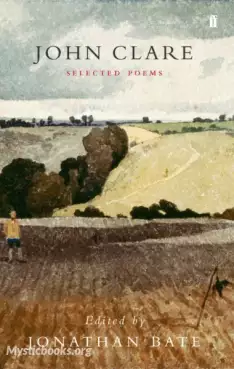
Selected Poems of John Clare, Volume 1
John Clare was a farm labourer in the village of Helpstone, Northamptonshire, who became arguably England’s greatest nature poet. He rose to fame when his ‘Poems Descriptive of Rural Life and Scenery’ was published in 1820. His language preserves man...
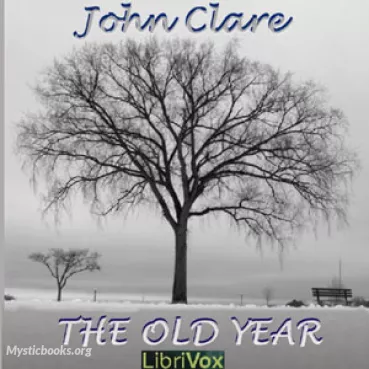
The Old Year
In the ethereal verses of "The Old Year" by John Clare, time stands still as the beauty of nature intertwines with poignant reflections, taking readers on an enchanting journey through the seasons of life. "The Old Year" is a captivating poem by the...
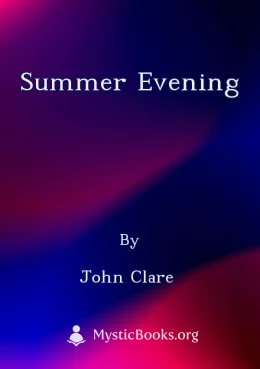
Summer Evening
“Summer Evening” is a poem by John Clare, a renowned English poet known for his depictions of rural life and nature. This particular poem captures the essence of a summer evening in the English countryside, using vivid imagery and sensory detail to e...
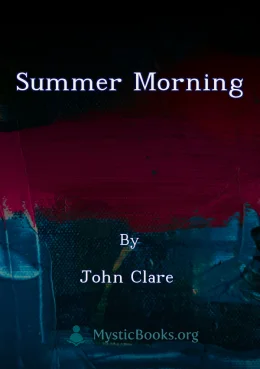
Summer Morning
John Clare's "Summer Morning" is a short poem that vividly captures the beauty and tranquility of the English countryside. Through simple yet evocative imagery, Clare paints a picture of a serene morning, filled with the sounds of birdsong and the si...
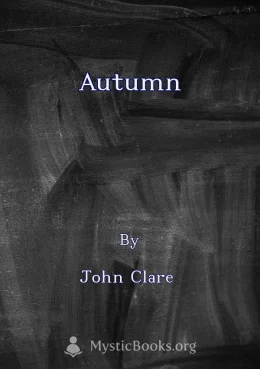
Autumn
John Clare's 'Autumn' is a collection of poems that captures the beauty and essence of the season, exploring the changing landscape, the harvest, and the introspective mood of autumn. The poems showcase Clare's keen observation of the natural world,...
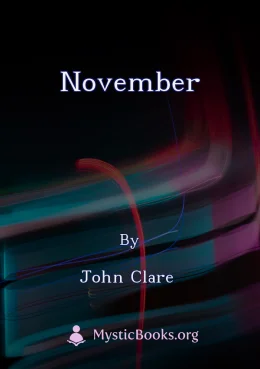
November
November by John Clare is a collection of poems that celebrates the English countryside and laments its disruption. Clare was a son of a farm laborer and his poetry often reflects his own experiences of rural life. His work is known for its vivid ima...
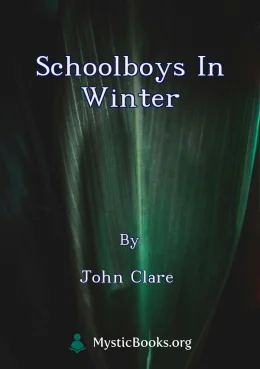
Schoolboys in Winter
Schoolboys in Winter is a poem by John Clare that describes the joys of winter for schoolboys. The poem captures the excitement of snowball fights, sledding, and other winter activities. Clare's vivid imagery and use of language bring the winter land...
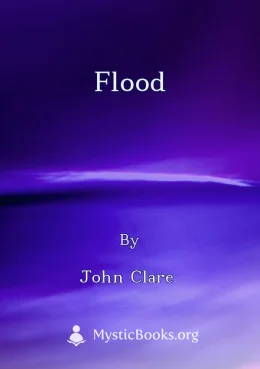
Flood
John Clare's "Flood" is a collection of poems that reflects upon the profound changes happening in the English countryside during the Industrial Revolution. Clare, himself a farm laborer, uses his poetry to celebrate the beauty and simplicity of rura...
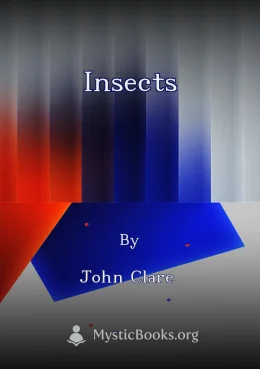
Insects
John Clare's "Insects" is a collection of poems that reflect the poet's deep connection to the natural world, particularly the insects he observed in his rural surroundings. Clare, a self-taught poet born into a working-class family, used vivid image...
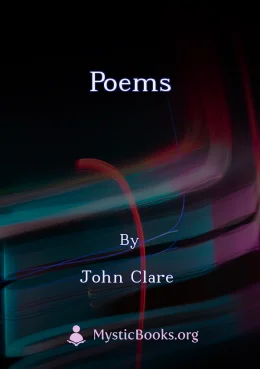
Poems
This book presents a selection of poems by John Clare, a 19th-century English poet renowned for his evocative portrayals of the English countryside. Known for his working-class background and deeply personal observations, Clare's work offers a unique...
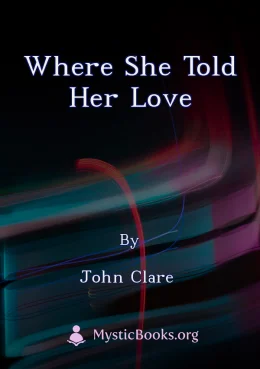
Where She Told Her Love
This collection of poetry by John Clare delves into the intricacies of human emotion, specifically love, set against the backdrop of the English countryside. Clare's work is characterized by its deep connection to nature, its poignant exploration of...
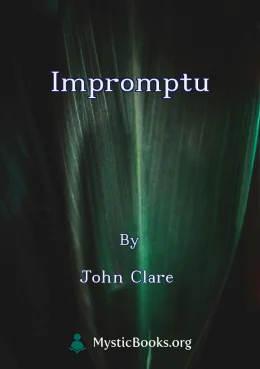
Impromptu
Impromptu is a collection of 20 poems by John Clare, a working-class English poet. The poems are written in a variety of styles, from the lyrical to the narrative, and they explore a range of topics, including nature, love, loss, and madness. Clare's...
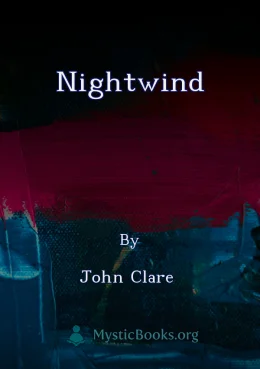
Nightwind
Nightwind is a collection of poems by John Clare, a celebrated English poet of the 19th century known for his poignant and evocative depictions of rural life. The poems within this collection explore themes of nature, the beauty and harshness of the...
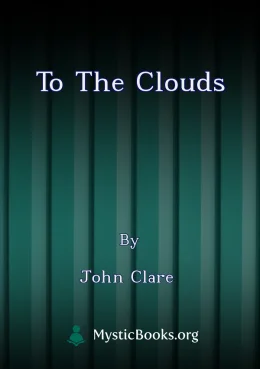
To The Clouds
John Clare's "To The Clouds" is a collection of poetry that reflects the experiences and inner world of a working-class poet. It delves into the beauty and complexities of the natural world, often drawing parallels between the landscape and the poet'...